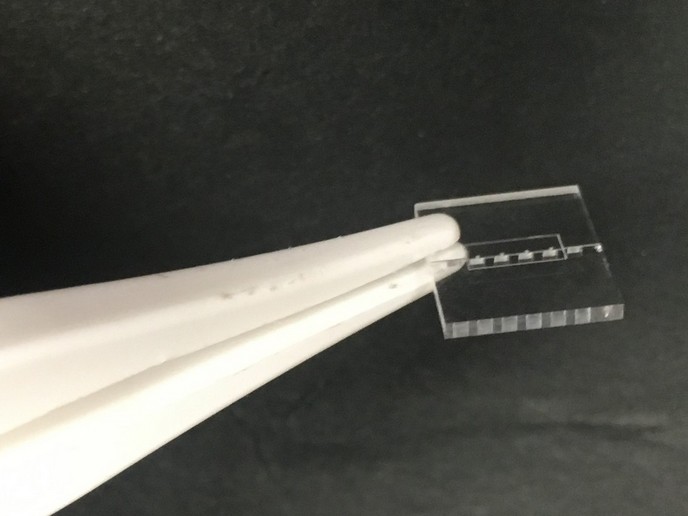Advancing quantum control theory
Quantum control is a growing and interdisciplinary scientific field, mainly involving physicists and chemists. Its applications range from producing selective atomic or molecular excitations to controlling chemical reactions with laser. The objective is the desired atomic or molecular state, while the control is the applied laser field. The EU-funded project 'Analysis of controllability and control landscapes for quantum systems' (ACOLA) addressed two fundamental topics in quantum control — controllability and trap analysis. Controllability is the ability to steer any initial system state into any final state with the available controls. Traps helps determine the algorithms for optical control fields for a quantum system. The controllability of open quantum systems through tailored laser pulse and the environment state was assessed. Part of work was also geared toward analysing traps in quantum control problems. ACOLA constructed a control scheme to implement approximate controllability of finite-level open quantum systems in the set of all density matrices. The system controllability provided the strongest possible degree of quantum state control.Another significant discovery was second-order trap existence for a general class of quantum systems and the system conditions for which these traps exist. Furthermore, they found hitherto unknown trap-free quantum systems. Researchers proved absence of traps when manipulating the transmission coefficient of a quantum particle in a one-dimensional potential, where its shape was used as control. Finally, there were no traps at regular points of fitness landscapes for biological open systems. Several fundamental results that advance the quantum control field were obtained during the project lifetime that contributed significantly to European excellence and competitiveness. Project results were published in peer-reviewed journals. Further dissemination activities included participation in international conferences and seminars.







